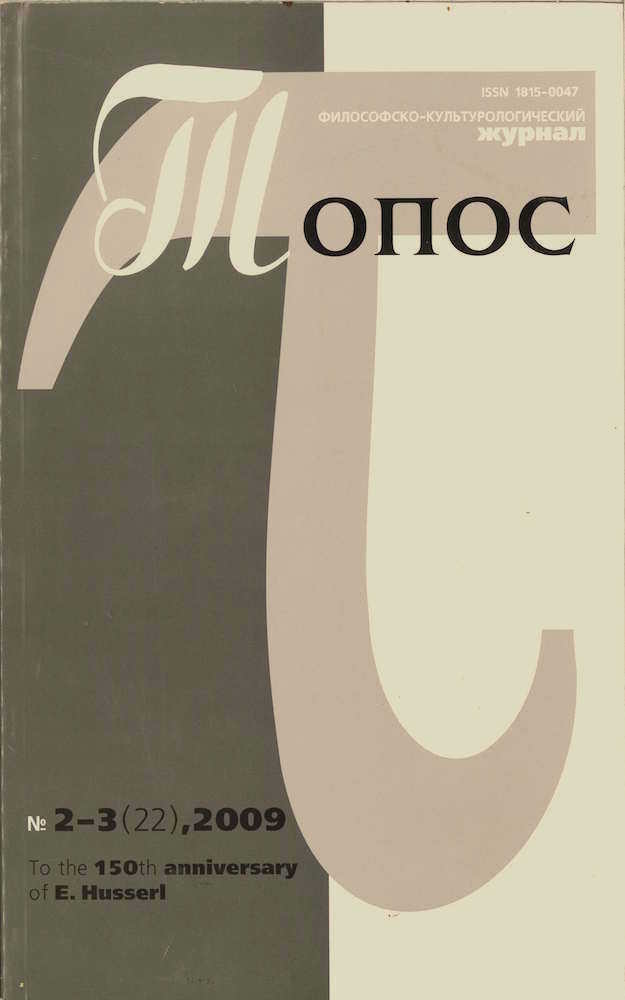Husserl, Derrida und die Krise der Vernunft
Article
Abstract
[In German]
In his late text Rogues. Two Essays on Reason Derrida turns to Husserl’s late philosophy, particularly the Crisis. My thesis is that Derrida turns to Husserl because in the context of an investigation of reason, Husserl contributes an essential voice by presenting reason as something that can undergo crises, and something that is historical in a non-relativist sense. Furthermore, Husserl’s reflections in the Crisis show how closely the concepts of reason, history, origin, and teleology are intertwined. Derrida claims that any ‘teleologism’ and thus also Husserl’s teleological concept of history runs counter to the event, or the ‘eventfulness of what comes’. At the same time any phenomenological examination of history needs to consider Husserl’s thoughts on ideal objects and the mathematization of nature. Here, Derrida comes full circle with his early investigations of Husserl and the origin of geometry.
Downloads
This journal allows the author(s) to hold the copyright without restrictions. Topos Journal uses CC BY-NC-ND 4.0 license (license URL: http://creativecommons.org/licenses/by-nc-nd/4.0).



